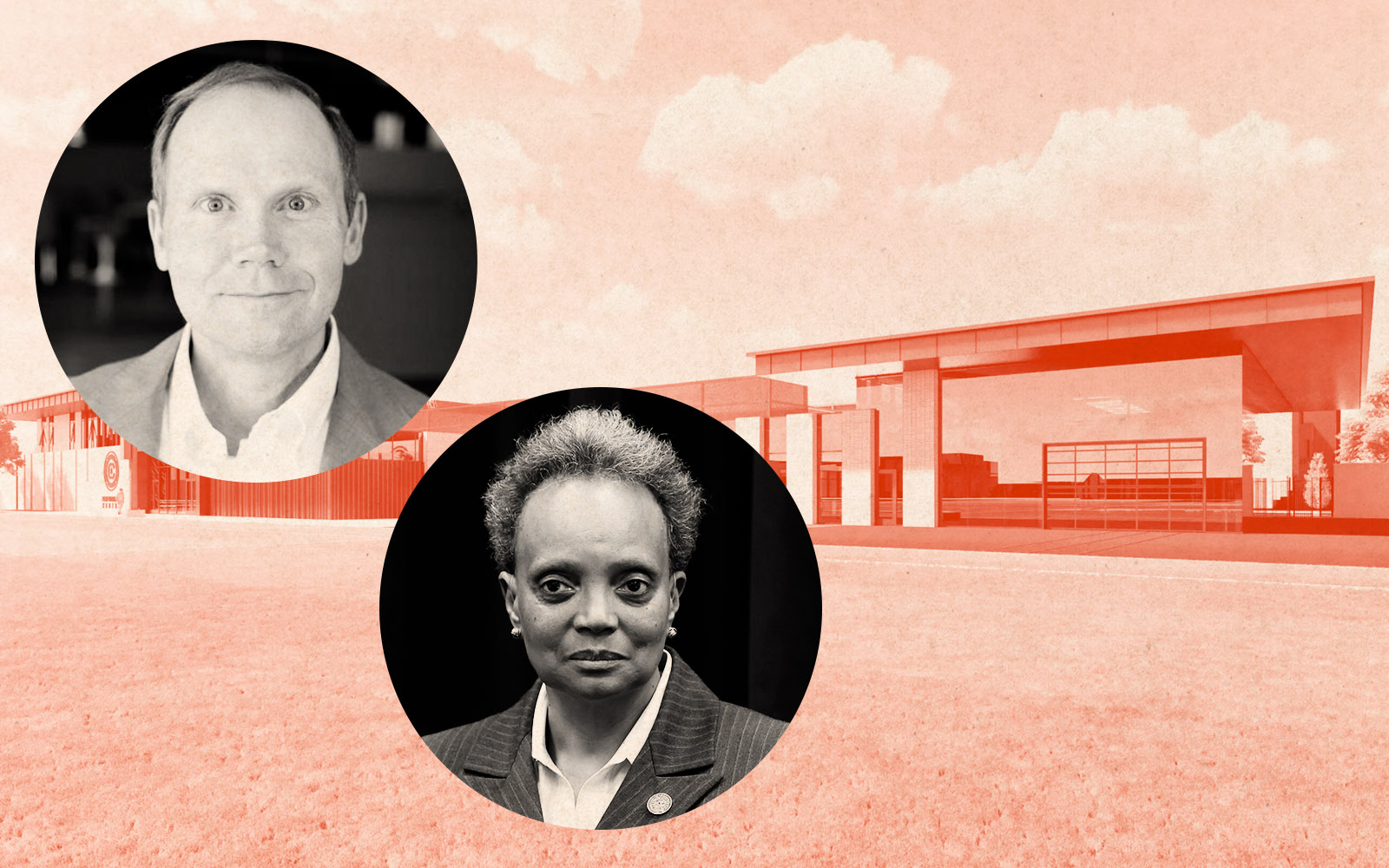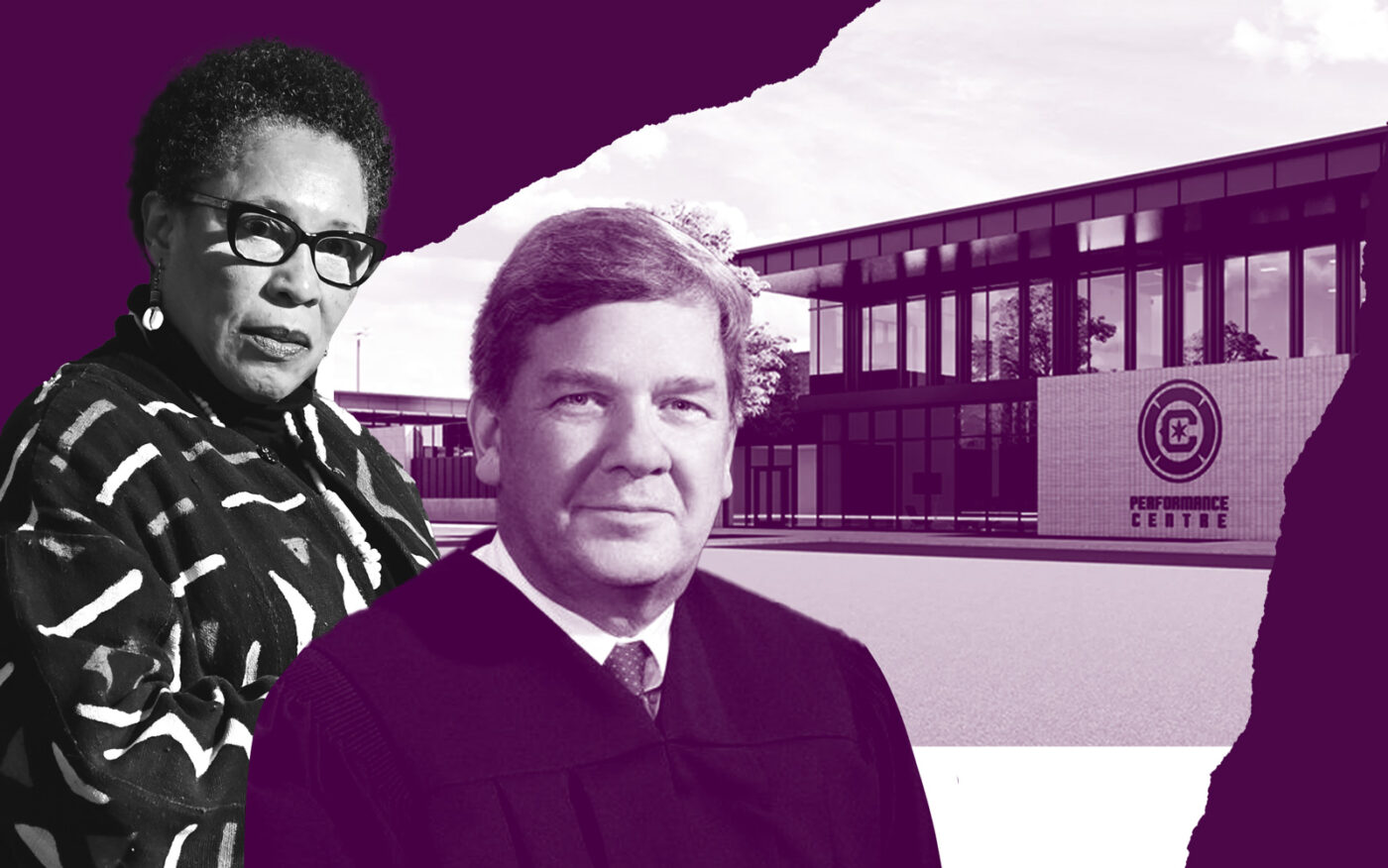A lawsuit filed against several government agencies that pertains to the Chicago Fire’s new $80 million training facility project that’s become a political flashpoint has been dismissed.
The lawsuit, which was filed against the Chicago Housing Authority, the U.S. Department of Housing and Urban Development and HUD Secretary Marcia Fudge, alleged that the defendants did not go through the necessary local and federal reviews in its agreement to lease 23 acres of vacant CHA land to the soccer squad, the Chicago Tribune reported.
However, U.S. District Judge Thomas M. Durkin ruled that the plaintiffs — the Coalition to Protect Chicago Housing Authority Land, the Chicago Housing Initiative and the Lugenia Burns Hope Center — lacked standing to file the lawsuit because they did not specify how their members would be harmed by the CHA’s plans. Durkin added that the Near West Side property had remained vacant for two decades, and thus no housing units would be displaced as a result of the land lease.
In April, the Fire started construction on the 53,000-square-foot, two-story training facility at the site of the former ABLA Homes housing complex. The project has been engulfed by controversy since its inception, as many people thought the site should have been used for affordable housing.
By taking legal action, the plaintiffs sought to delay further construction, financial compensation for alleged damages and a full civil rights review by the HUD.
Judge Durkin stated that even if he ruled in favor of the housing groups, it wouldn’t necessarily lead to the construction of more affordable housing because the court lacked the authority to compel the CHA to proceed with its prior housing plans for the site.
Advocates for affordable housing expressed disappointment with the ruling, emphasizing the potential implications for similar deals across the country.
“This is like the starting gun for more deals like this, not just here in Chicago but across the country,” Don Washington, executive director of the Chicago Housing Initiative, told the outlet. “I think that people should be really worried about that because it just means that there is a mass abandonment of the commitment to the common good.”
The CHA welcomed the ruling, stating it would continue to invest in revitalizing its public housing stock through the Chicago Fire agreement. Even though it’s a non-housing project, the soccer club attests that its world-class training center will benefit the community by pulling additional investment into the surrounding area.
The plaintiffs are reviewing their legal options and potential next steps.
— Quinn Donoghue
Read more



